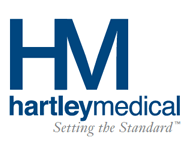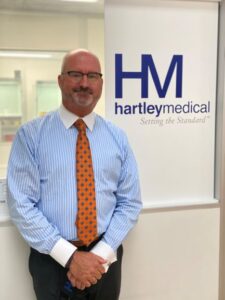Know Your Compounding Pharmacy
Not all pharmacies are the same. The difference, in fact, can affect more than just your patient’s health, it can affect your practice’s health. In July of 2013, a U.S. bankruptcy judge ruled that, due to the pharmacy declaring insolvency, victims and their families could sue medical providers who were associated with the NECC pharmacy meningitis outbreak for product-liability. The contamination killed more than 100 patients, and seriously injured hundreds more. Clearly, a compounding pharmacy is an extension of the physician’s practice; the two can even share liability. Practitioners treating patients for chronic pain with IT infusions must feel confident their compounding pharmacy is doing enough to provide the highest-quality medications. Therefore, it is important that physicians ordering complex medications, such as sterile injectables, perform due diligence.
What to Look For
Get to know your pharmacy’s day-to-day operations. Ask for details about its quality assurance program, specifically. For example, discuss topics such as the design of the facility, air filtration, temperature, humidity, and air quality. Give considerate attention to the compounding staff, which must be knowledgeable, conscientiously trained, and continually monitored to ensure preparation of IT medications of the highest quality. The compounding pharmacy should have an environmental monitoring program to carefully assess the clean room. This means monitoring for microbials and nonviable particulates to ensure optimal compounding conditions. Also, your pharmacy will need specific equipment for compounding IT medications safely, and in-depth policies and procedures to ensure sterile and accurate preparations.
What to Ask
Undoubtedly, there is much physicians should know before partnering, confidently, with a compounding pharmacy. But, what are the right questions to ask? While Hartley Medical encourages on-site inspections of a prospective compounding pharmacy, this is not always feasible or practical. We have compiled a list of questions that a provider should ask during the vetting process. All questions are intended to be open-ended to give the opportunity to become more deeply educated.
Lastly, don’t just ask if your pharmacy is taking the necessary steps, ask how often. Using sterile injectables is a sophisticated way to treat chronic pain. Compounding pharmacies engaging in the production of these pharmaceuticals should operate at a much higher level than that set forth by industry minimums. The assumption that all compounding pharmacies are the same has been negated by tragedy. It’s up to physicians to perform the necessary due diligence to protect their patients, AND their practices.



Leave A Comment